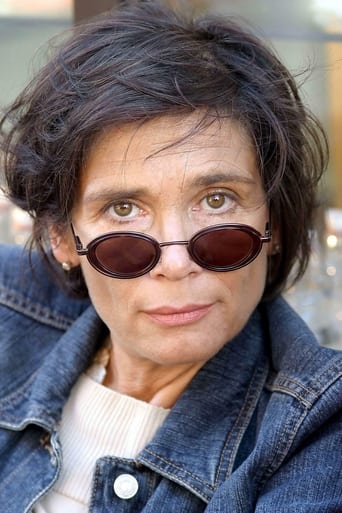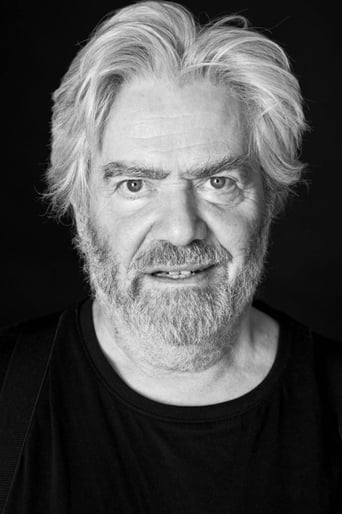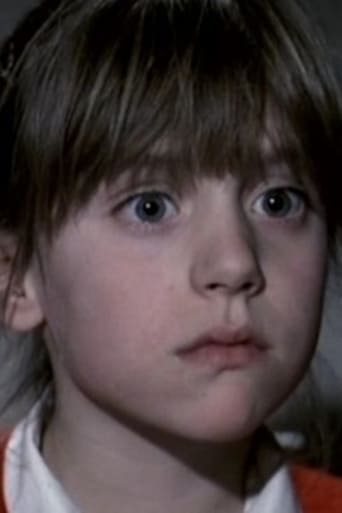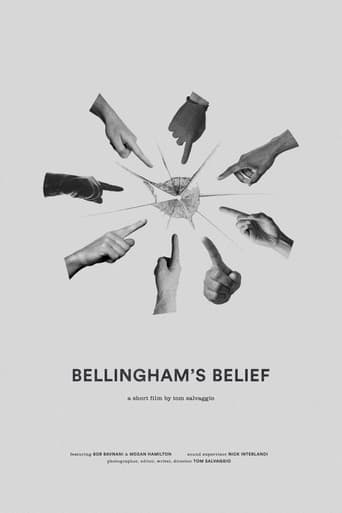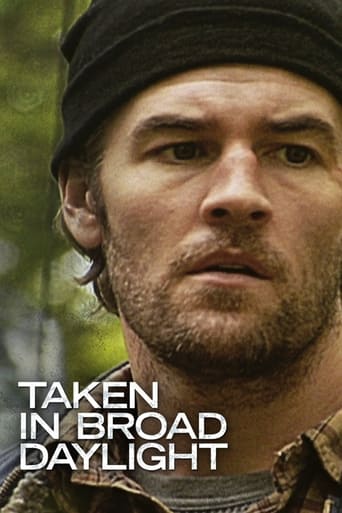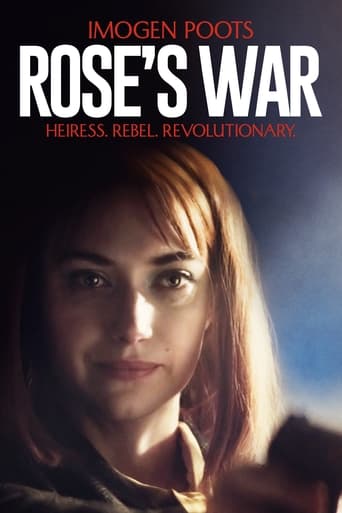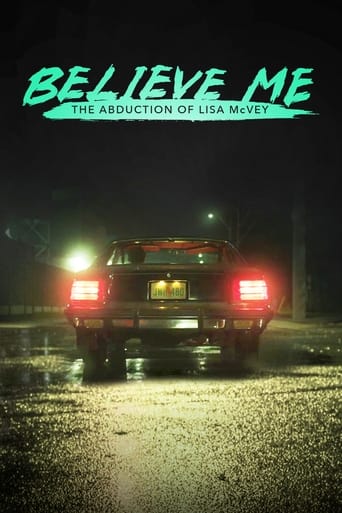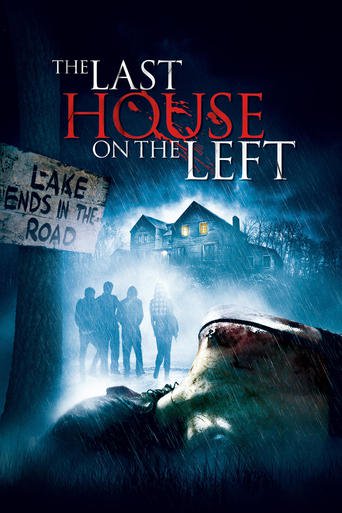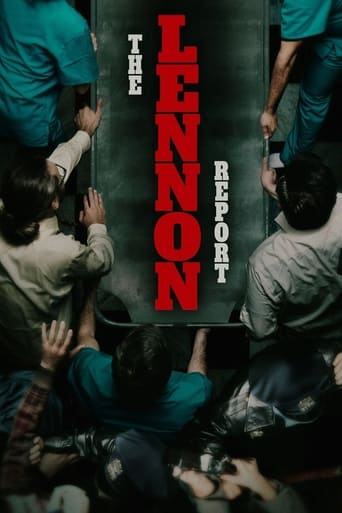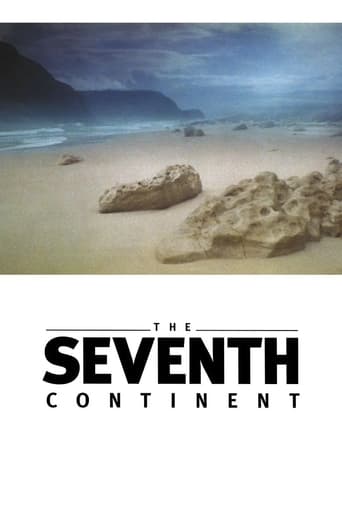
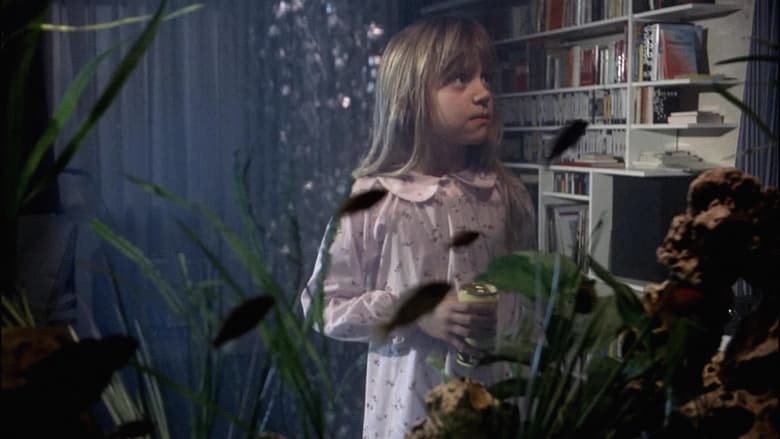
The Seventh Continent (1989)
Chronicles three years of a middle class family seemingly caught up in their daily routines, only troubled by minor incidents. Behind their apparent calm and repetitive existence however, they are actually planning something sinister.
Watch Trailer
Cast
Similar titles
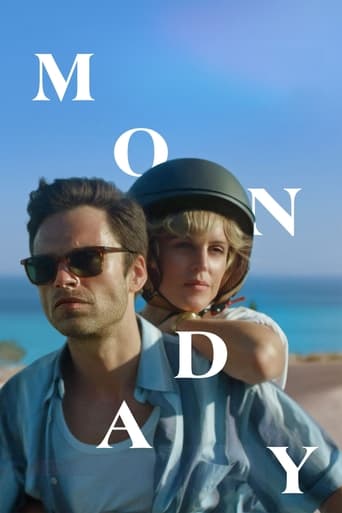
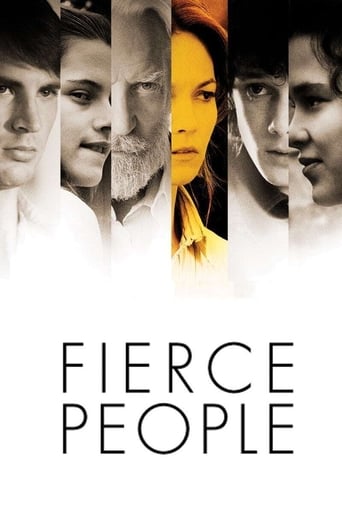

Reviews
Fantastic!
If you like to be scared, if you like to laugh, and if you like to learn a thing or two at the movies, this absolutely cannot be missed.
Unshakable, witty and deeply felt, the film will be paying emotional dividends for a long, long time.
Like the great film, it's made with a great deal of visible affection both in front of and behind the camera.
From my introduction to Michael Haneke through his 1997 film, Funny Games, I knew he shared an important quality with one of my favorite filmmakers. Like David Lynch, Michael Haneke doesn't care if the audience is comfortable while watching his films. Haneke extends his scenes past the point where the audience watching thinks is necessary, creating a hypnotic trance that one is unable to look away from. This ability of Haneke's to espouse the audience's attention forces the viewer to become an active participant in his films and thrusts us into an often much-needed self-examination. Haneke's feature film debut, The Seventh Continent takes an in-depth look at the lives of a family chained by the shackles of their expected existence willing to go to extreme measures to escape the monotonous confines of their daily existence.The long takes Haneke favors throughout The Seventh Continent, introduce the audience to a young family living in Europe that live in precisely the way that is expected of them. Georg Schober (Dieter Berner) works diligently at his career, always placing himself in the best possible position to advance through promotions and better situate himself in his profession. Anna Schober (Birgit Doll), an optometrist, steadfastly maintains her family's home, dutifully completing all the tasks and errands to keep the everyday lives of her family running. Anna is also reacting to the death of a parent, which has devastated her brother, assuming the role of the strong focused sibling taxed with the burden of maintaining her parents' business. The youngest member of the family, Evi, fills her time coloring pictures, doing her homework, and occasionally causing mischief at school by feigning blindness. Neither Georg's career advancements, Anna's mourning, nor Evi's misbehavior is consequential to the story--they are simply moments that happen in each of their lives and fills their days. This is precisely Haneke's point; most of what we do in our lives are mundane activities which fill our time until we die. Whether it be a scene filmed in real time at a car wash or listening to someone relay a story during an eye exam, Haneke gives us these moments in as similar a way as they actually occur, removing all sense of grandiose filmmaking, forcing the audience to see themselves in the lives of those depicted on screen. It's hypnotizing they way we can scoff at collective suicide, yet through watching the events that lead up to the act come to understand the universality of the expectations we adhere to. Every move is repetitive, the same food is served every day at breakfast, the same pommel horse is jumped over in gym class, the same filling station is visited when the car is low on fuel. We often live our lives thinking of the future, fooling ourselves into believing that the monotony we serve daily is crucial to our growth until we are shocked to learn that the future we have been striving towards has become the past. We get so lost in the day-to-day that we need Haneke to make clear that the way we actually live our lives doesn't make all that much sense once analyzed. The cold emotionless state maintained in the Schober home is sobering to watch. No amount of intimacy brings the family closer together. Even after making love, Georg and Anna immediately return to the distance between each other that fills their days. Not only does one hardly see any affection between the members of the Schober family, but we also rarely see them enjoy conversations with each other. The cold, detached atmosphere isn't confined to their home, either. Each time they exchange currency for a service, the audience is afforded a glimpse into the lives of everyone they interact with, each doing their job or performing a service while all vitality seems to have been drained from their being. Through the entire runtime of The Seventh Continent, we don't see a single meaningful human connection. There is even a scene in which a man recently released from his employment with Georg, returns for his things and isn't given a single embrace of encouragement or a kind word. His appearance disrupts the work because he is unexpected, further cementing Haneke's notion that our lives are simply made up of a series of repeated actions, and we are stricken by the break from routine when interrupted. Despite the lack of compassionate connectivity, I would argue that Haneke's feature is one of the most humanistic films I have recently seen, because it gives hope to our existence and alerts us to think critically about our society.
"Der siebente Kontinent" or "The Seventh Continent" is an Austrian German-language film that runs for 105 minutes roughly and was Austria's official submission to the Academy Awards back then. First time this honor was awarded to Haneke and even if the film did not get in, it is probably at least as known as all the actual nominees today. Maybe the material and Haneke's bleak atmospheric approach that he still has today and that usually involved death (to people and animals) just wasn't to the Academy's liking back then. The film is about a seemingly normal family (2 grown-ups, one daughter) who decide to quit their jobs and tell everybody they are leaving the country. Well, actually they are leaving the planet as they decide to commit suicide and sadly also kill their young child. Even over 25 years ago, Haneke was already fascinated with depicting the evil of the human soul.This film is the beginning of a trilogy that is all about young people that have a certain connection to death, be it as them being the victims like in this one or the offender like in "Benny's Video". The final installment would be "71 Fragmente einer Chronologie des Zufalls" from 5 years after this first film we have here. And let us talk about this one a bit more. Unfortunately, I was not really impressed with this one. I think I may have liked it more if it had been considerably shorter. The first 75% of the film are a study in how to make a film as atmospheric as possible, but it was just too long I felt till at the end finally something happens and disaster strikes. So if this movie had run for 90 minutes max, I may have liked it a lot more I guess. Still, it was a solid watch overall and if you know Haneke's works, do not expect a happy ending. All in all, I do not recommend "Der siebente Kontinent". Even if the acting is decent, like I wrote in the title, this is far from my favorite Haneke films that mostly include his more recent efforts.
Michael Haneke is the man for movies that document humanity and human relations (but mostly lack thereof) with disturbing precision, and make the viewers increasingly uncomfortable as he takes them through the darkest parts of the human psyche. His movies like Caché (Hidden) and Das Weisse Band (The White Ribbon) have been called 'psychological horror' due to their unrelenting talent to unearth the worst characteristics of humanity and evoke a maximum of psychological unease with a minimum of tricks and gimmicks. A self-proclaimed opponent of movies that are merely entertainment, Haneke is very critical of Hollywood films which, he feels, force their truth upon the viewer. Now you don't have to agree with the artist to enjoy his work (I don't think it's coincidence that about 2/3 of the IMDb top 250 consists of Hollywood movies), but Haneke's movies sure lack an absolute truth that we as a viewer have to find ourselves. His movies make us think, disturb, repulse and otherwise engage us, provide no easy answers and leave room for multiple interpretations, which is one hallmark of great cinema (nothing wrong with good entertainment, though). Haneke's cinematic debut already contains the building blocks that are the foundation of much of his later work: people seemingly normal on the surface, but largely dysfunctional on the inside; tensions between family members; long, static camera shots without music, which register events rather than manipulate them. He introduces us to an average family in a rich Western country (which happens to be Austria). The father, mother and daughter seem to lead a perfectly normal life, although we get the feeling from the start that most of this life exists of tedious and joyless repetition of mundane acts, such as dressing, making coffee, working and cooking. There is not much that gives their life a little more color, even watching television or taking the daughter to bed seems like a chore in an endless routine. Haneke uses voice-overs from the parents to illustrate that they have no material shortages or other reason to be unhappy, but the images superimposed on it tell a different story. It is in the subtlety of these scenes that Haneke shows his craftsmanship; he does not manipulate, nothing is said aloud, but we connect with these people anyway, understanding why the daughter fakes blindness because she is lonely and craves attention, or why the mother suddenly starts crying for no apparent reason, and the husband doesn't bother to find out because he knows the source of the pain all too well. When the family finally witnesses an accident with fatal outcome, the audience is being prepared for the solution they have found.Also infamous are the sudden emotional outbursts between all the serene calmness. The second half is a prime example of this effective contradiction. The family has finally decided how to escape their personal hell, so they calmly arrange all their affairs and have one last copious meal. It is particularly gut-wrenching to see how they then start tearing down their place and destroying almost everything they collected throughout their lives, as if to say that their lives have been so meaningless that they simply want nothing to remain of it. Rarely was there a more visceral and effective way to show a character's self-chosen descent into oblivion. Haneke manages to leave the mother and child with a shred of humanity, though: the daughter crying in agony over the death of her beloved fish, and the mother tearfully preparing to take a fatal overdose, but resolutely forcing the pills in her mouth anyway are profoundly heart-breaking. However, the uncompromising horror of a completely vanished will to live becomes apparent as the father calmly listens to his wife gasping and choking to death, and, in what almost seems a mockery of his daily professional routine, makes a calm and systematic note of his wife's and daughter's death on the wall, before dying himself. The final text that reveals this story to be based on actual events delivers a final blow by showing that this story is no mere product of a writer's imagination, but a grim reality. Haneke's distant way of filming has become his trademark. Most of the time he reduces scenes to the bare essence, letting the calm determination and efficiency of the characters tell the story or unfold the horror while the audience observes; at other times he draws attention to things by purposely NOT showing them, or merely suggesting them. It is amazing how he manages to have images and scenes stick with us without showing anything actually explicit or shocking. It is his way to force the audience to think, identify and draw its own conclusions. I myself had mixed feelings about the characters, feeling both sympathy for their situation, yet at the same time I couldn't help wondering why they didn't try to actively make something of their unhappy life, instead of waiting for life to happen. He leaves it up to us to decide whether these characters are victims of a hollowed-out Western lifestyle that forces its people into an empty existence of consumerism, or whether they are pathetic people that simply miss some basic human talent to be happy. Haneke is not the one for easy answers, only tough questions.
"The Seventh Continent" is as disturbing as any Haneke's film can get, and being confined to a family with almost no other outside interactions makes this story even more upsetting.Living a routine life of deathly stillness, the family portrayed in this film is unsurprisingly typical in our modern society where people hardly pay attention to fundamental things and senses. They got up at 6 a.m.; they had milk and oats for breakfast; they wore and polished their shoes; they had their car washed...Haneke was "considerate" enough to show us their daily actions with so incredibly rich details that you almost felt like a member of the family.As Haneke said, they are actually not living --- they just simply went through motions.It's horrible how you got so used to the things always around you that you just ignore them --- even they're your families.I thought they finally realized the problem...Well they did actually. However, it was just so late that they figured out a crazy way to achieve liberation.Shocked to the core as I was, I thanked this story to hold me up by the violent actions as soon as I was about to relate this family to mine --- No surprises or inspirations but routines and trivialities is all the similarity we can afford to share with this extreme family.It's always more comfortable to be unmoral among disputes than be perceptive surrounded by flaws. **(spoiler)I wonder if at that night they didn't drive by the accident thus didn't see the bodies, would the wife trigger their self-consciousness...** Either way is a tragedy anyway.Let this real story be a lesson to all of us who forgot how to live.
